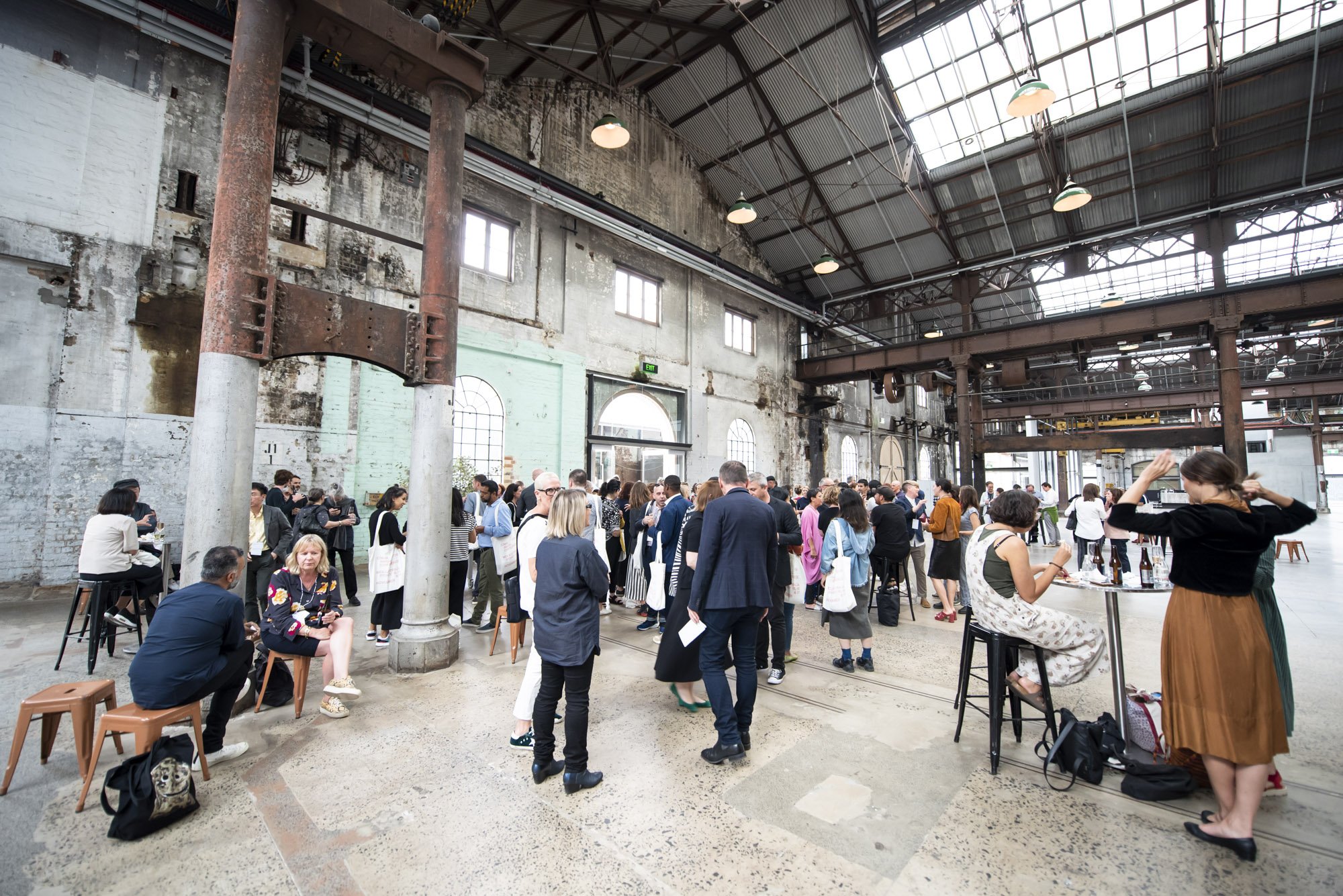New political scenarios, sharpened by the pandemic, directly impact the situation of museum directors around the world

In an international context characterized by profound social, political, and economic crises, modern and contemporary art museums and the professionals committed to their preservation are increasingly exposed to critical situations that undermine their ability to operate with international standards of best practice.
In 2012, CIMAM, the International Committee of Museums and Collections of Modern Art, founded the Museum Watch Program, an advocacy initiative that provides a framework of analysis, support, and solidarity to assist modern and contemporary art museum professionals affected by crises of governance and economy.
In 2020 alone, the Museum Watch Committee led by six CIMAM Board Members—Bart de Baere (Chair), Calin Dan, Sarah Glennie, Malgorzata Ludwisiak, Victoria Noorthoorn, and Eugene Tan –have analyzed over twenty international cases, of which seven have resulted in public statements:
- Brazil – January 11, 2020: Critical financial situation at the Museu de Arte do Rio (MAR). CIMAM urges the City Government to continue its support.
- Japan – January 31, 2020: Aichi Triennale reopens thanks to the efforts of artists and curators.
- Serbia – March 18, 2020: Belgrade: A Leading Institution Damaged by Local Politics
- Bolivia – July 2, 2020: La Paz: International Museum Best Cases in Danger
- South Africa – December 3, 2020: A Question of Governance in South Africa
- Mexico – December 10 – 2020: An Ecosystem in Danger: Mexican Museums
- Slovenia – January 14 – 2021: Trends and dangers in the governance of cultural institutions in the European context.
- Slovenia – May 31 – 2021: The calm and effective actions of the Museum of Modern and Contemporary Art Koroška
- New Zeland – June 9 – 2021: Statement on the Proposed Restructuring of City Gallery Wellington Te Whare Toi
The Museum Watch Committee examines each situation, either detected by the Committee or brought to their attention by CIMAM members and non-members. Their approach varies depending on the case: they could hold private correspondence with the professionals involved or act publicly in the form of official letters to persons and organisations that hold responsibility, and public statements to inform and express concern to the global professional community. This may also have an effective impact to let a situation develop into a positive sense, such as with the Aichi Triennale, not only a shining example of resistance to political pressure and censorship through responsible collective action, but also being reopened, or as with the Museu de Arte do Rio (MAR), that has come stronger out of its crisis.
While a multitude of issues of great urgency plague the field of museums and institutions of modern and contemporary art today (censorship, ethics, and social justice just to name a few), the Museum Watch Committee focusses on issues stemming from an aspect of museums that receives less attention, but is likely to have the greatest structural impact on institutions today: governance. As governing bodies and organising authorities may in some cases take increasingly blunt action in the governance of institutions, for many, there is growing uncertainty about the very foundations of their organisations.
The main objectives of the Museum Watch Program are:
- to enhance understanding of developments in the public positioning and functioning of contemporary art institutions, by analyzing specific situations of crisis and documenting them for the CIMAM archive.
- to assemble and disseminate this information to generate a deeper understanding of these cases within the field, as well as to inform the CIMAM community and society at large about critical situations that impact the museum’s ability to maintain international standards of best practice.
- to provide a framework of support, solidarity, and where necessary, activism to support CIMAM Members and our wider network of international colleagues.
- to publicly advocate for a vision of museums and institutions of modern and contemporary art, the good governance of them, and best practices within them.